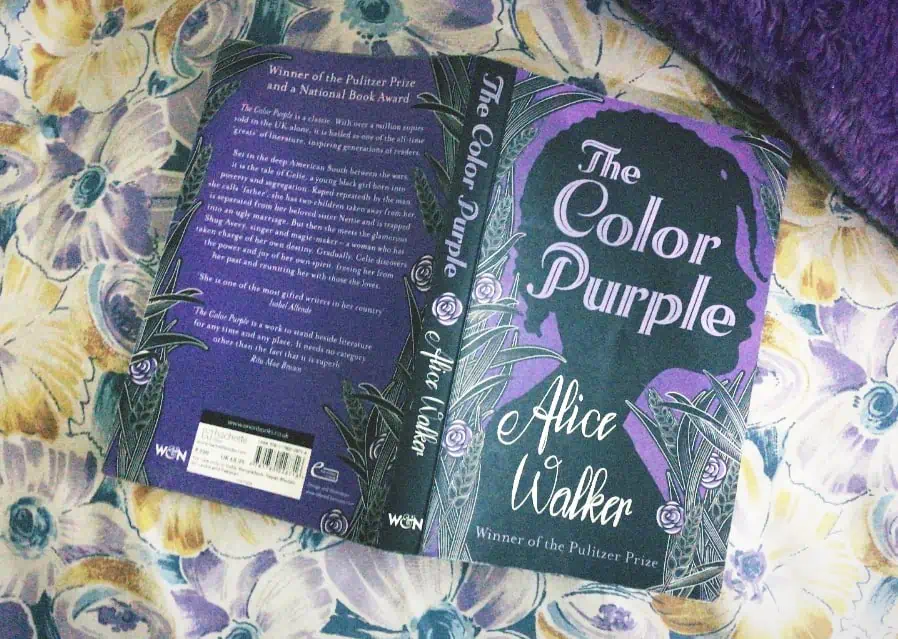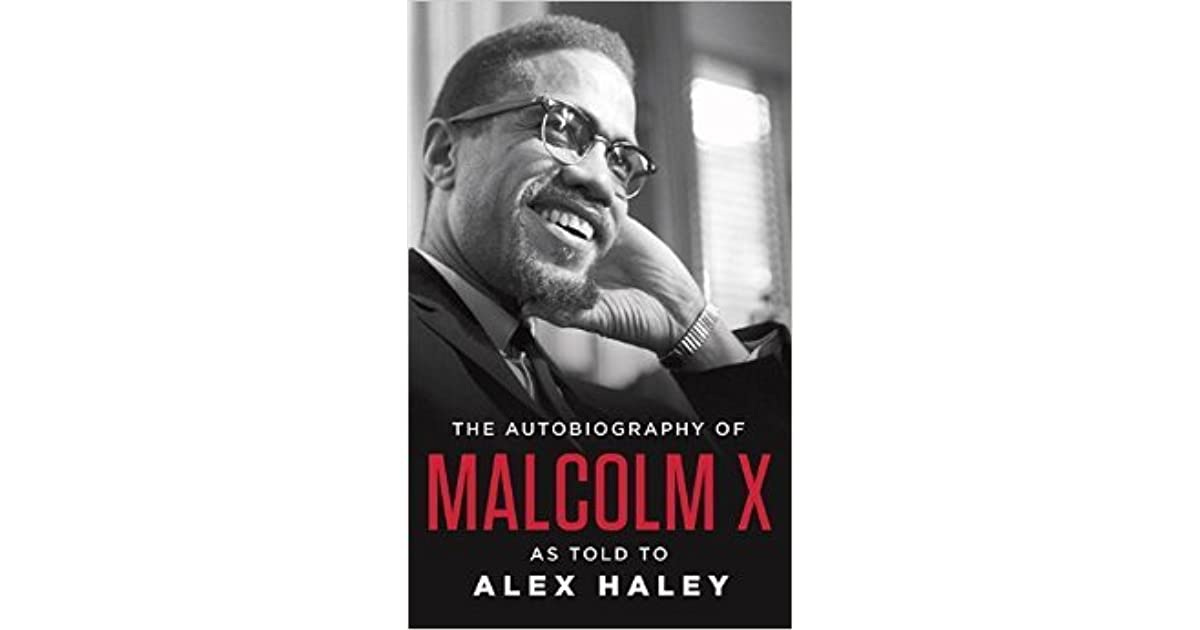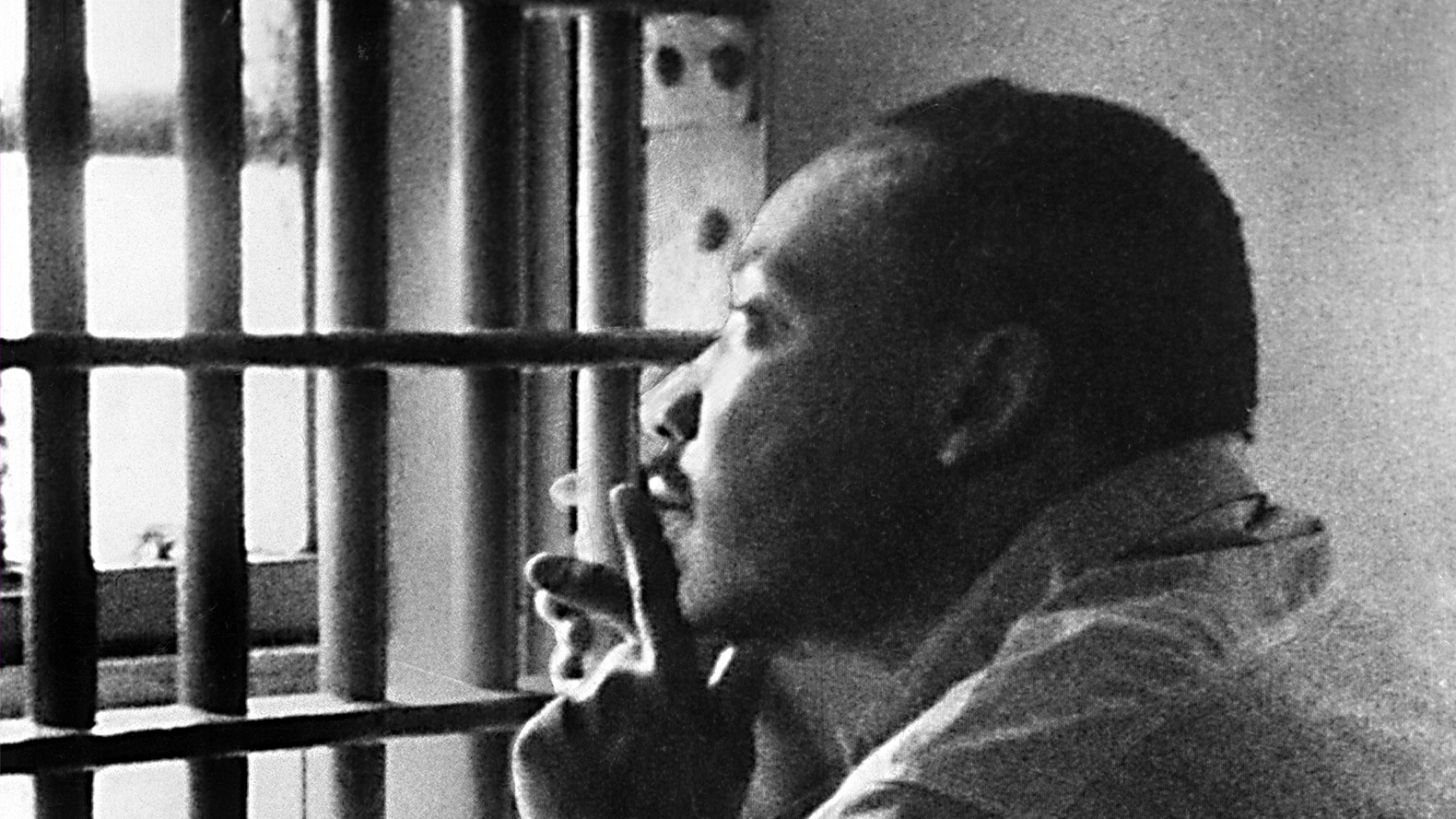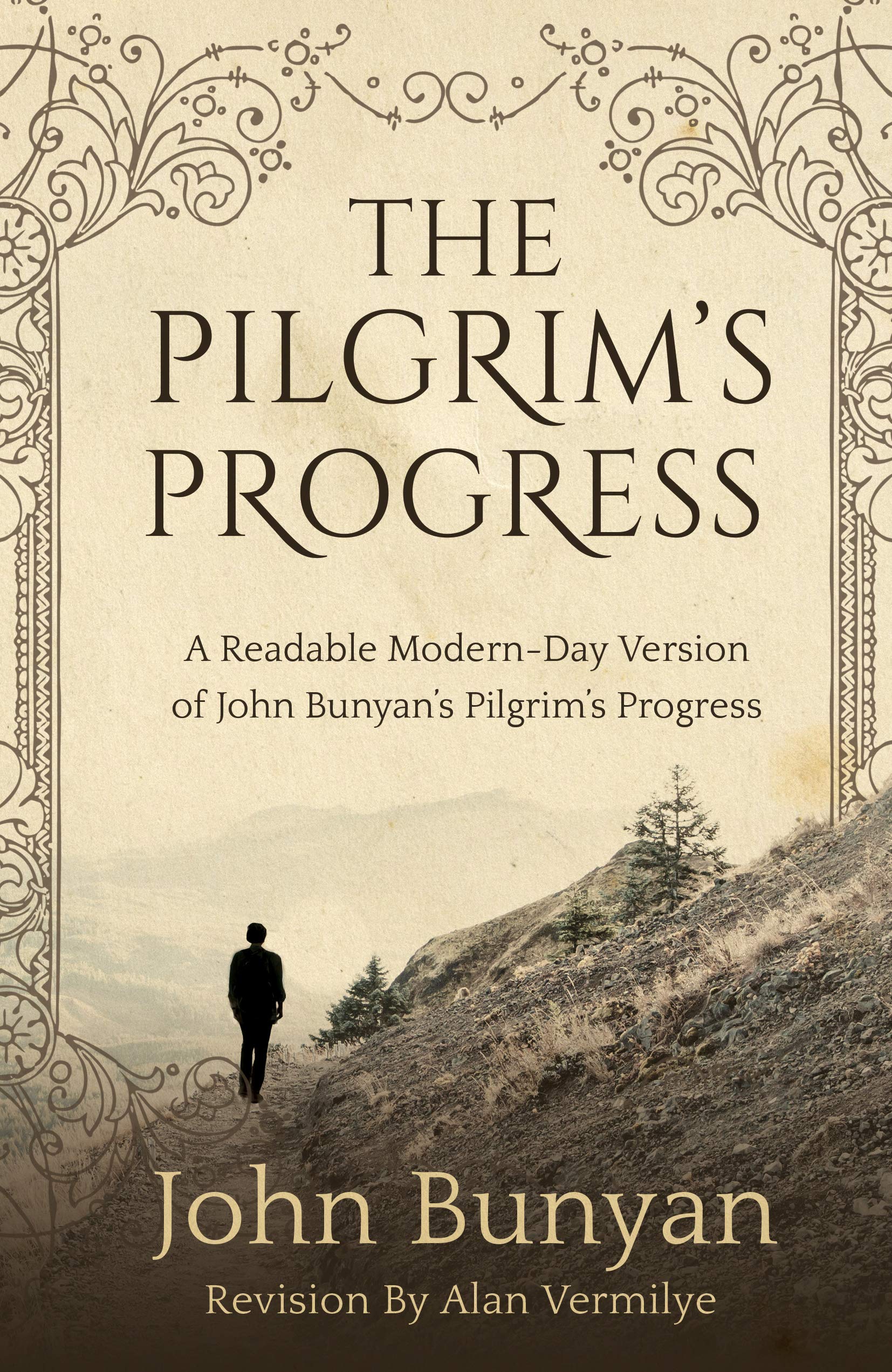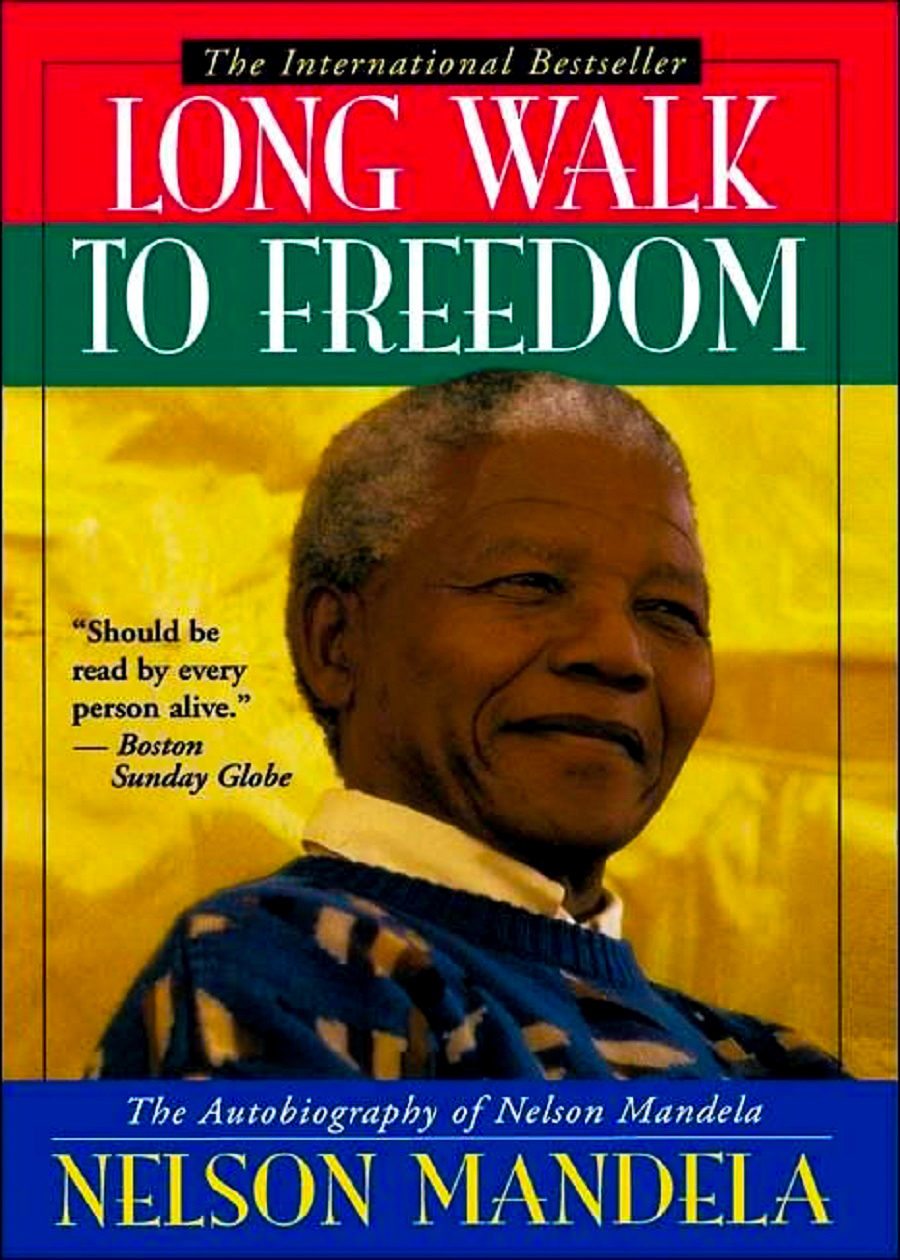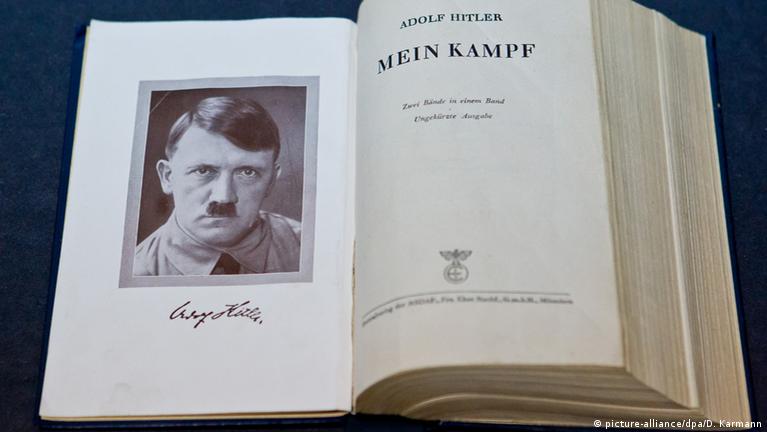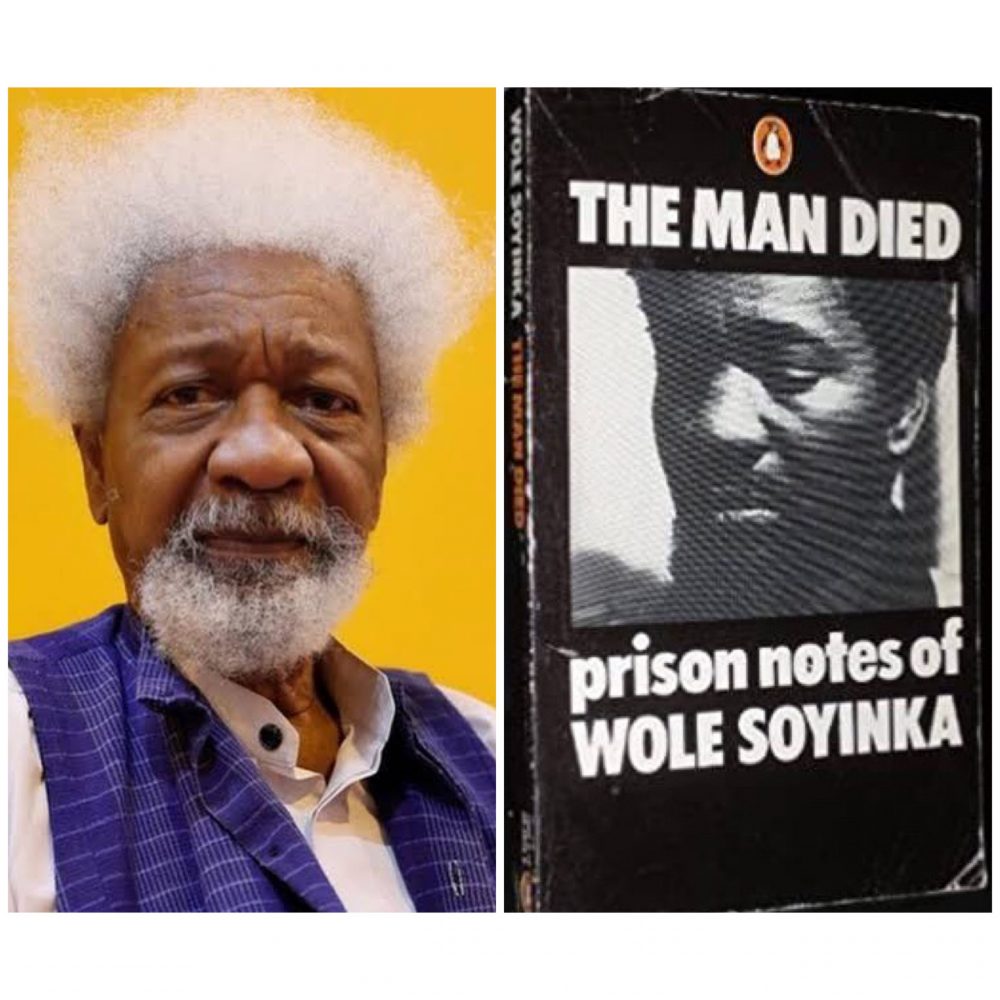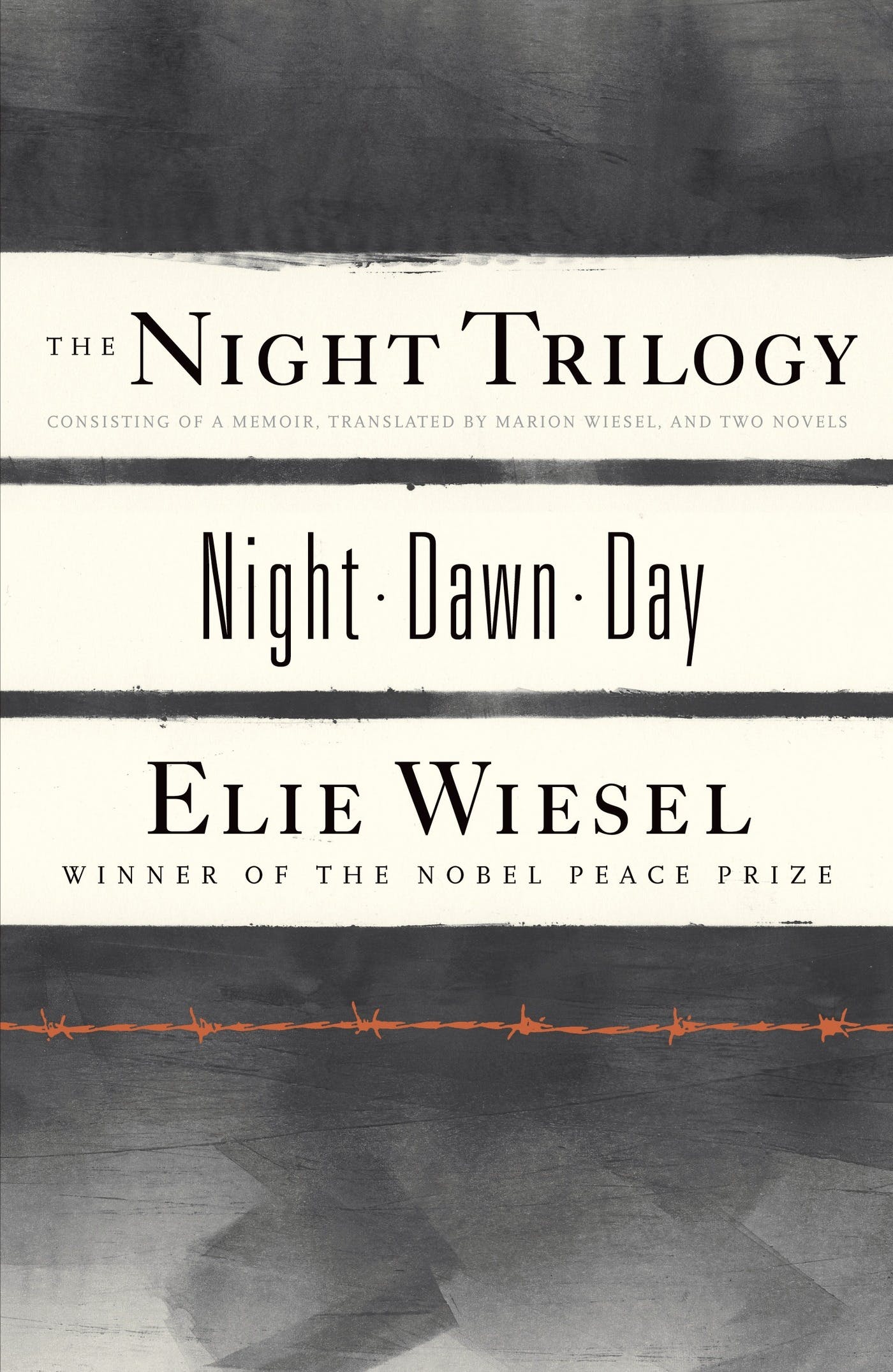Top Lists
9 Best Literary Works Written in Prison
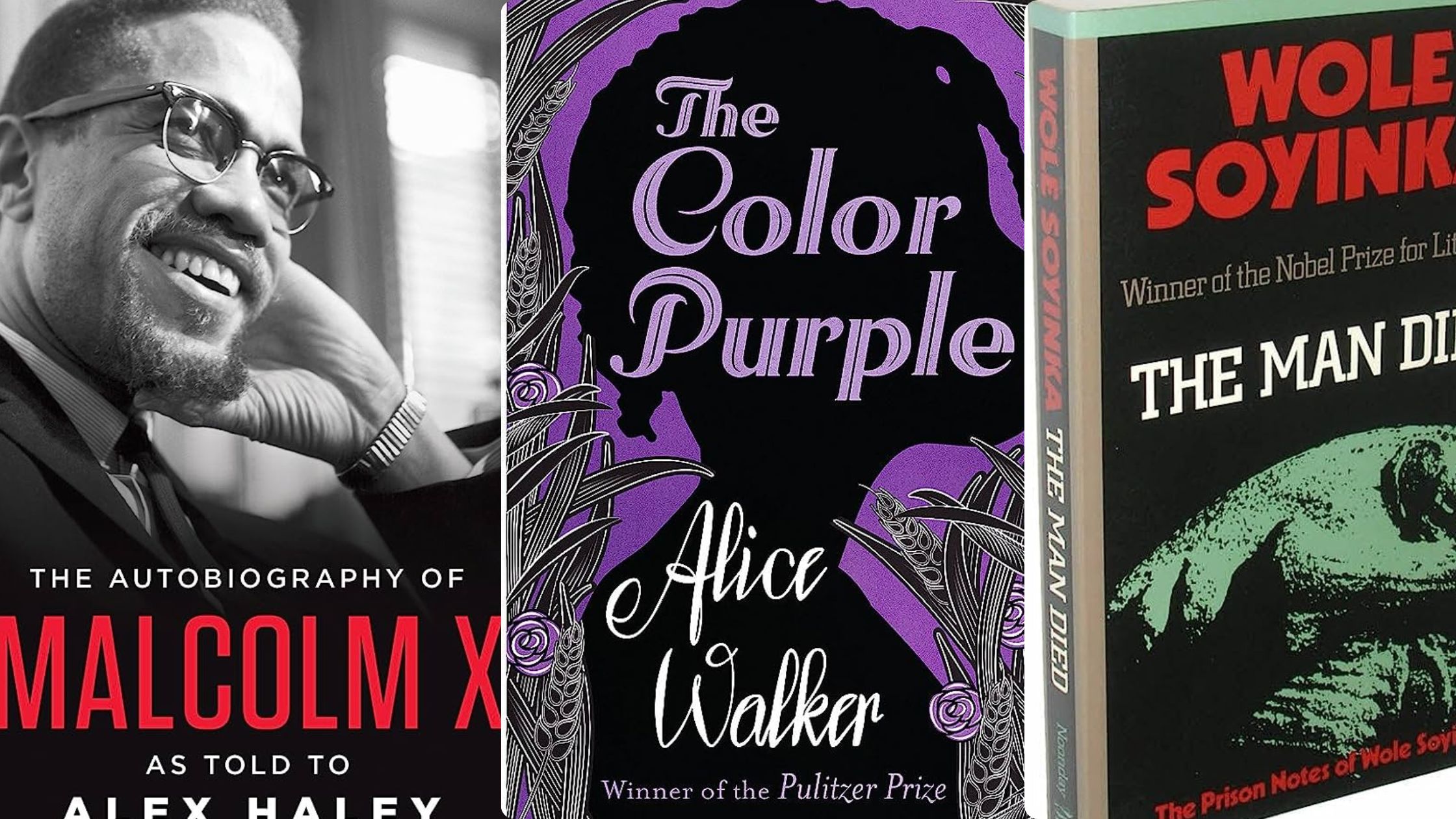
A different type of emancipation frequently occurs behind the imposing walls and steel doors of jails, where freedom is systematically taken away. In this article, RNN compiled a list of the 9 best literary works written in prison.
Some of the most deep and intriguing literary works have come to light in the depths of solitary confinement, attesting to the unbreakable spirit of the human mind. These writings by people who are imprisoned go beyond the confines of their cells and provide views into both actual and made-up worlds.
Prisons have traditionally been a fruitful site for creative expression due to their isolating atmosphere and constrained freedoms. Without outside distractions, jailed writers turn to the written word for comfort, introspection, and redemption.
Their poems, essays, and stories provide insight into their tribulations, victories, and hopes while constructing tales that captivate readers outside of the walls. This blog post’s aim is to take readers on a journey through the best literary works written in prison while highlighting some of the most outstanding pieces that inmates have produced.
9 Best Literary Works Written in Prison
Here are the Best Literary Works written in Prison in no particular order:
1. The Color Purple by Alice Walker
Among the best literary works written in prison is The Color Purple by Alice Walker. The novel is set in early twentieth-century rural Georgia and tells the story of Celie, an African-American woman who is abused by her husband, Albert. Celie’s only source of comfort is her sister, Nettie, who is sent away to Africa as a missionary.
Through a series of letters to God, Celie recounts her experiences of racism, sexism, and violence. She also writes about her relationships with Albert, Shug Avery, and other women in her life.
The Color Purple is a powerful novel that explores themes of resilience, self-discovery, and female empowerment. It has been praised for its lyrical language, its complex characters, and its groundbreaking portrayal of African-American women.
2. Autobiography of Malcolm X
Another very important book written in prison is The Autobiography of Malcolm X. It is an autobiography written by Malcolm X, who collaborated with American journalist Alex Haley.
It was released posthumously on October 29, 1965, nine months after his assassination. Haley coauthored the autobiography based on a series of in-depth interviews he conducted between 1963 and 1965.
The Autobiography is a spiritual conversion narrative that outlines Malcolm X’s philosophy of black pride, black nationalism, and pan-Africanism. After the leader was killed, Haley wrote the book’s epilogue.
3. Letter from Birmingham Jail by Martin Luther King, Jr.
Letter from Birmingham Jail by Martin Luther King, Jr. It is an open letter written by Martin Luther King, Jr., on April 16, 1963, from a Birmingham, Alabama jail cell. It was written in response to a public statement by eight white clergymen who had criticized King’s nonviolent protests in Birmingham.
In the letter, King defends his decision to break the law in order to protest segregation. He argues that unjust laws must be broken in order to bring about change. He also writes about the importance of nonviolence and the need for white people to join the fight for civil rights.
The Letter from Birmingham Jail is one of King’s most famous works. It is a powerful and eloquent defence of nonviolent protest and a call for racial equality. The letter has been widely read and studied, and it has inspired many people to take action for justice.
4. The Pilgrim’s Progress by John Bunya
Also among the best books written in prison is The Pilgrim’s Progress. It is a Christian allegory written by John Bunyan (1628–1688) and published in two parts in 1678 and 1684.
It is regarded as one of the most significant works of theological fiction in English literature and a progenitor of the narrative aspect of Christian media. It has been translated into more than 200 languages and has never been out of print.
The book tells the story of a Christian, a man who is saved from his sins by God and sets out on a journey to the Celestial City, which represents heaven. Along the way, he encounters many obstacles, including the Valley of the Shadow of Death, the Slough of Despond, and Vanity Fair.
However, he is helped by a number of characters, including Evangelist, Hopeful, and Mr Greatheart. The Pilgrim’s Progress is a complex and allegorical work, but it can be read on a number of levels.
On one level, it is a simple allegory of the Christian life, with Christianity representing the individual believer and the Celestial City representing heaven. On another level, it is a more complex allegory of the Protestant Reformation, with Christians representing Martin Luther and the Celestial City representing the Protestant church.
5. Nelson Mandela’s Autobiography
Long Walk To Freedom which serves as the title for Nelson Mandela’s autobiography is a masterpiece. The former President of South Africa and a global icon of the fight against apartheid wrote the book in prison and the book tells the story of Mandela’s life, from his childhood in rural South Africa to his work as a freedom fighter and his 27 years in prison.
Mandela’s autobiography is a powerful and moving account of his life and his struggles. It is also a valuable historical document that provides insights into the apartheid system and the fight against it.
He recounts his childhood in rural South Africa and his early adulthood in Johannesburg. He describes his experiences of racism and discrimination and his involvement in the African National Congress (ANC).
Mandela describes his role in the ANC’s fight against apartheid. He was arrested and imprisoned in 1964, and he spent the next 27 years in prison. He also recounts his release from prison in 1990 and his role in the negotiations that led to the end of apartheid. He was elected President of South Africa in 1994, and he served in that role until 1999.
6. Mein Kampf by Adolf Hitler
Mein Kampf is a German phrase which means My Struggle; It s a 1925 autobiographical manifesto by Nazi Party leader Adolf Hitler. The work describes the process by which Hitler became antisemitic and outlines his political ideology and future plans for Germany.
Volume 1 of Mein Kampf was published in 1925 and Volume 2 in 1926. The book was edited first by Emil Maurice, and then by Hitler’s deputy Rudolf Hess.
Mein Kampf is a highly controversial book. It is considered to be a seminal work of Nazi ideology, and it is widely cited as evidence of Hitler’s antisemitism and racism. The book has been translated into many languages, and it has been read by millions of people.
Mein Kampf is a rambling and often incoherent work. It is full of Hitler’s personal prejudices and opinions. The book is also full of historical inaccuracies and distortions.
However, Mein Kampf is also a valuable historical document. It provides insights into Hitler’s mind and his plans for Germany. The book also shows how Hitler’s ideology developed over time.
7. Marco Polo’s “Travels”
Another very important book written in prison is Marco Polo’s Travels; it is a travelogue written by Marco Polo, an Italian merchant and explorer who travelled to Asia during the 13th century.
The book was written in the late 13th or early 14th century, and it is one of the most important sources of information about Asia during the Middle Ages.
Travel is divided into three parts. The first part describes Polo’s journey from Venice to China, the second part describes his travels in China, and the third part describes his journey back to Venice.
Polo’s Travels is full of fascinating descriptions of the places he visited, the people he met, and the things he saw. He describes the Great Wall of China, the city of Beijing, the court of Kublai Khan, and the customs and practices of the Chinese people.
Polo’s Travels was a bestseller when it was first published, and it has been translated into many languages. It has inspired many other travellers and explorers, and it has helped to shape our understanding of Asia.
8. The Man Died: Prison Notes by Wole Soyinka
Another important book among the best books written in prison is The Man Died: Prison Notes by Wole Soyinka.
The Man Died is a collection of essays and poems that Soyinka wrote while he was imprisoned for 22 months for treason during the Nigerian Civil War. The book is a powerful and moving account of his experiences in prison, and it is also a meditation on the nature of freedom and the power of the human spirit.
Poems from Prison is a collection of poems that Soyinka wrote while he was imprisoned. The poems are a powerful expression of his anger, despair, and hope. They also explore the themes of freedom, identity, and the human condition.
Both The Man Died and Poems from Prison are important works of literature that offer insights into the human experience, the power of the human spirit, and the importance of fighting for freedom.
9. Night by Elie Wiesel
Night is a 1958 memoir by Elie Wiesel about his experiences as a teenager in the Auschwitz and Buchenwald concentration camps during the Holocaust.
The book was originally written in Yiddish and published in 1956 as And the World Was Silent. The English translation was published in 1958.
Night is a powerful and disturbing account of the horrors of the Holocaust. Wiesel writes about the physical and emotional suffering he and the other prisoners endured, as well as the loss of his family and friends. The book is also a meditation on the nature of evil and the power of the human spirit.
Night is one of the most important books ever written about the Holocaust. It has been translated into over 30 languages and has sold millions of copies. The book has been praised for its honesty, its power, and its importance as a historical document.
Conclusion
Prison is often seen as a place of darkness and despair, but it can also be a place of creativity and inspiration. The authors on this list have all shown that even in the most difficult of circumstances, it is possible to produce great works of literature.
These books offer insights into the human experience, the power of the human spirit, and the importance of fighting for freedom. They are also valuable historical documents that provide us with a glimpse into the lives of people who have been incarcerated.
If you are interested in learning more about the human experience, the power of the human spirit, or the history of incarceration, we encourage you to read one of these books. You may be surprised at what you find.

